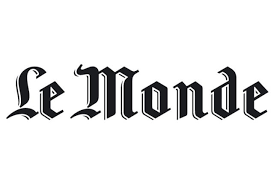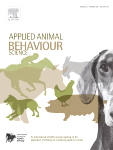Document type : article published in Le Monde (subscriber edition)
Author: Mathilde Gérard
Preview: Berlin defends a ban on the transport of live animals to countries outside the European Union, while France and seven other European countries justify the trade in a joint note.
Two blocks of European countries are now at odds over the transport of farm animals. On the one hand, several European Union (EU) member states - Belgium, Denmark, Germany, the Netherlands and Sweden - decided in July 2022 for a broad Europe-wide review of the regulations and a ban on certain types of transport, including the export of live animals to third countries - such a ban having already been adopted by Germany and Luxembourg. On the other hand, a group of eight countries - Portugal, Spain, France, Greece, Ireland, Latvia, Lithuania and Romania - have issued a joint note dated January 17, in which they oppose any ban.
The subject is hotly debated because the European Commission has pledged to bring forward a revision of the regulations on the welfare of farmed animals in the autumn, which would cover the conditions under which animals are born, farmed, slaughtered and transported.
The current legislation dates back to 2005 and was recognized as inadeuqate by the European Food Safety Authority (EFSA), in a series of opinions issued in September 2022. However, the extent of the reforms to be carried out is a matter of debate among member states.
"Animal transport is essential to the food production chain," Portugal and the seven other signatories repeatedly stress in the note posted online by the EU Council Secretariat ahead of a meeting of agriculture ministers scheduled for January 30. These countries assert that "[T]he primary objective of revisions to the legislation should be the continued facilitation of intra-Community trade and exports of live animals with high welfare standards, and should not focus on measures to prohibit or restrict certain types of transport,". [end of the part available to non-subscribers].






